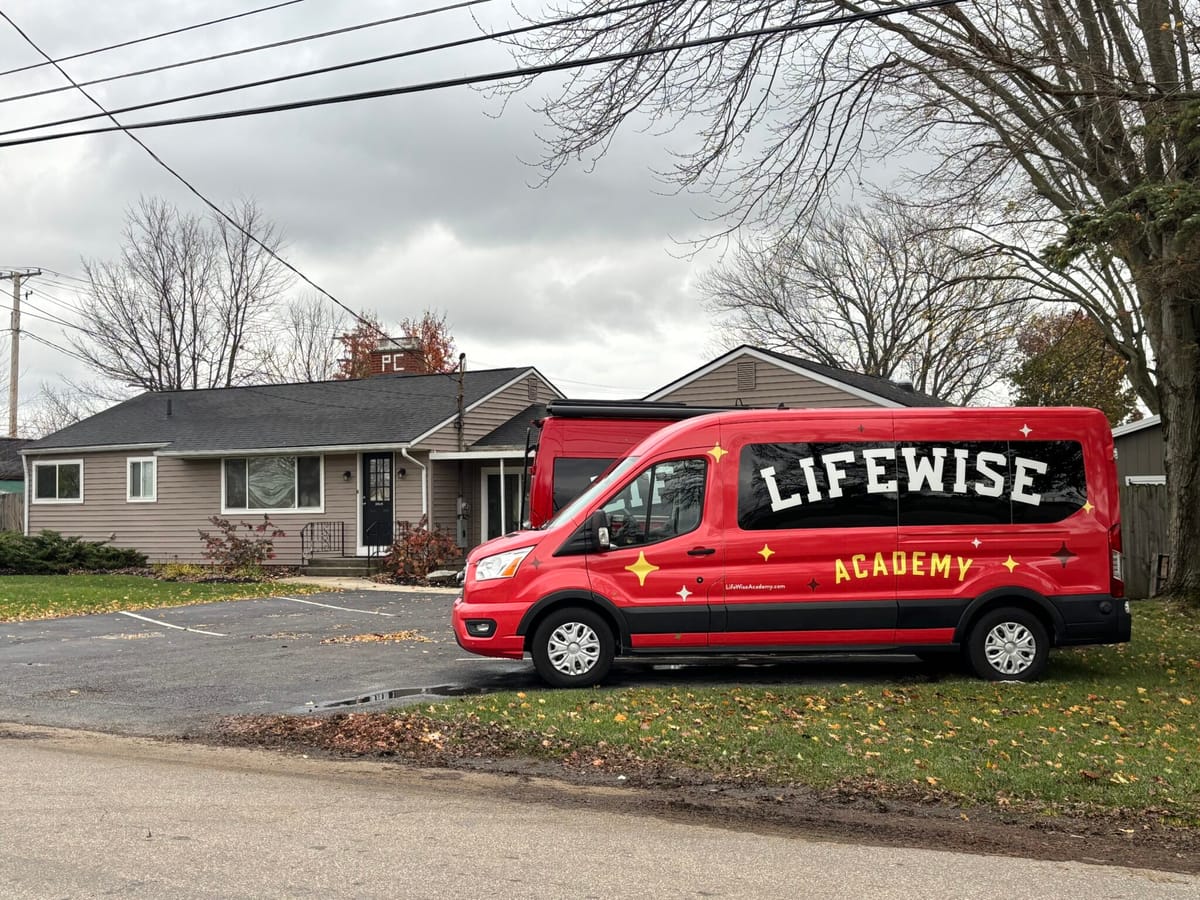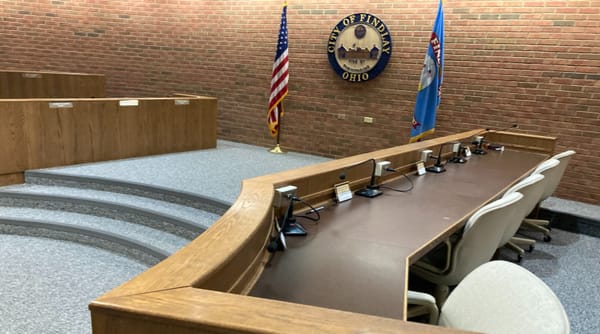HB 8 Changes Release Time for Religious Instruction Part 2

BY TOM HACH
Part 1 of this series covered the changes to Ohio law which now require school boards to work with third parties offering Religious Release Time Instruction (RTRI) to public school students. While Ohio law is clear, there are still varying opinions regarding RTRI itself. Below are some common critiques of RTRI, as well as comments which offer a broader perspective:
Critique 1: RTRI applies to all religions, not just Christianity, Judaism, etc. so what happens when a less mainstream or more controversial religion takes advantage of the RTRI law?
Comment 1: This is a valid observation since Ohio's RTRI law, consistent with the US Constitution, does not restrict any religion from participating. In fact, Satanic Temple has established an RTRI program at an elementary school in Marysville, Ohio. Ultimately parents will decide which RTRI programs endure based on the programs they permit their children to attend.
Critique 2: RTRI providers don't perform thorough background checks on administration or teaching staff.
Comment 2: HB 8 updated Ohio Revised Code 3313.6030 to allow school boards to adopt a policy requiring criminal background checks for instructors or volunteers of private entities providing release time instruction. Therefore the extent of background checks of RTRI staff is at the discretion of the school board and not the RTRI provider.
Critique 3: Some RTRI programs will not fully disclose their curriculum.
Comment 3: Providers of RTRI programs are private organizations, and therefore do not have to respond to information requests under Ohio Sunshine Laws. Some providers do have an overview of their curriculum on their websites, but whether these programs and the curriculum they use prove to be valuable will be up to the discretion of the parents.
Critique 4: Students participating in RTRI programs will ostracize classmates not participating in the program.
Comment 4: It is an aspect of human nature for people to form closer relationships with certain individuals when any group of people is brought together, which can lead to other individuals of the group feeling left out and ostracized. This can occur in any number of situations including based upon participation in athletics, school clubs, etc. While it is possible students participating in RTRI programs could make nonparticipating classmates feel left out, one RTRI provider, LifeWise, has conducted a study showing in years 2 and 3 discipline issues decrease suggesting there could be an increase in class cohesion over time as result of the LifeWise RTRI program.
Critique 5: RTRI programs lead participants to value one religion more than another.
Comment 5: One of America's founding principles is that individuals have the freedom to practice the religion of their choice, but what is implied in this principle is that people must be tolerant of others who make different religious choices.
Critique 6: There is concern RTRI programs will indoctrinate and bribe students with candy and other items to influence students' thinking and allegiance.
Comment 6: No student is able to participate in a RTRI program without parental permission, so it is incumbent upon parents to understand what is happening with their students to ensure the program provides instruction which is valuable to the students and consistent with parental intentions.
Critique 7: Participating students miss valuable learning at school.
Comment 7: Per Ohio's RTRI law, RTRI cannot occur in place of core curriculum, which in part includes language arts, math, science, social studies and history. In this regard, RTRI can be considered a pseudo-elective along with music, choir, physical education and other similar courses. Additionally some school districts may work with the RTRI provider to target instruction time during lunch, recess or study hall.
While opinions vary on the utility of RTRI programs, the 1952 Supreme Court decision in Zorach v. Clauson empowers parents, within certain constraints, to work with the RTRI provider of their choice. Ohio's law, HB 8, ensures parents have the legal right to pursue such instruction for their children or not. Whether RTRI is successful long-term depends entirely on the perceived benefits parents believe their children are getting from the instruction. By law, all RTRI programs must be self-funded, take place off school grounds and parents must proactively enroll their students in the program.




